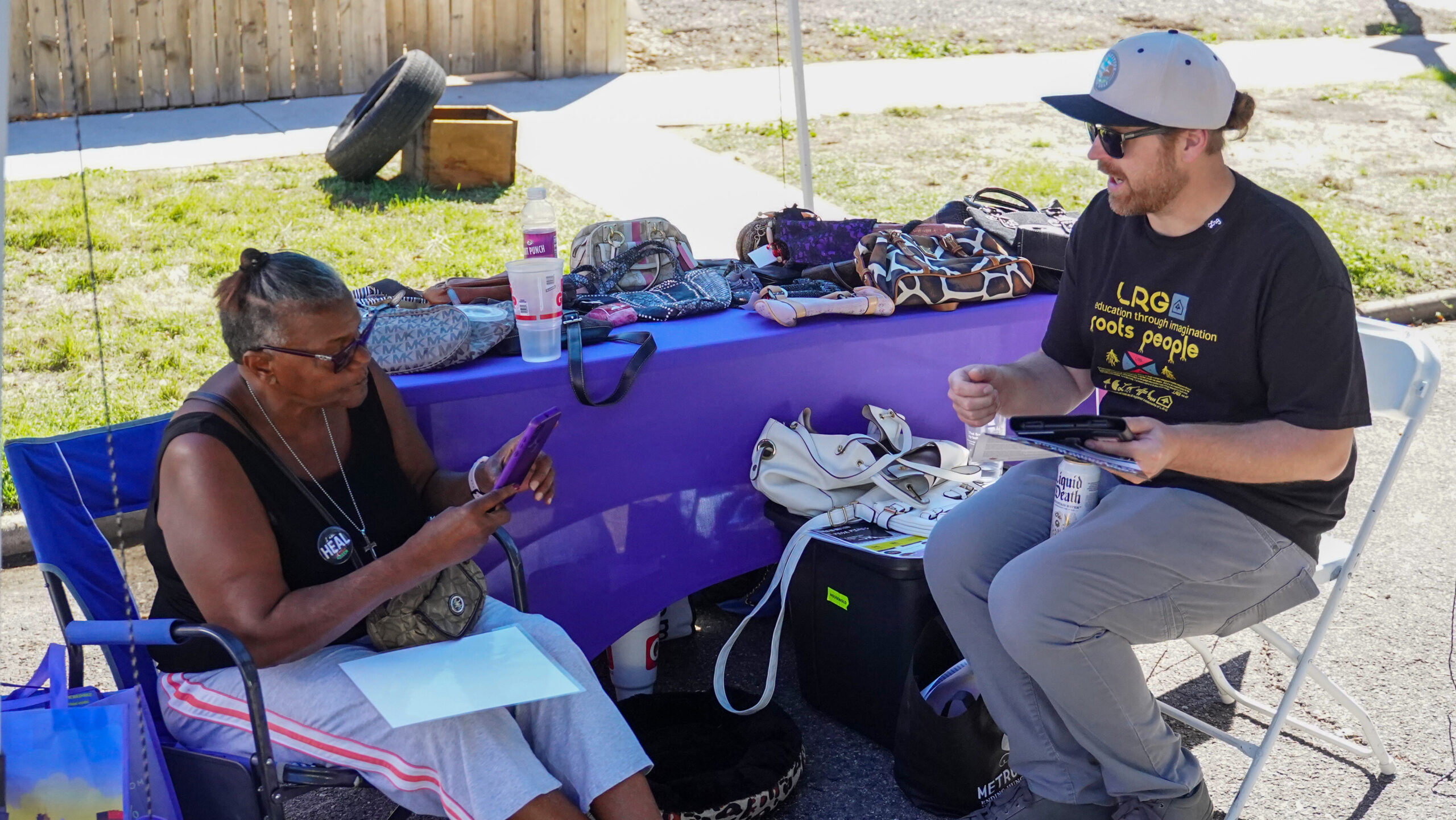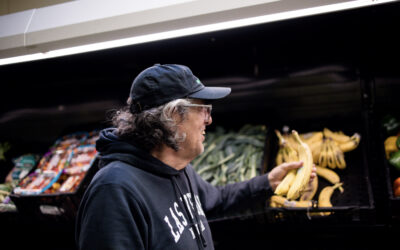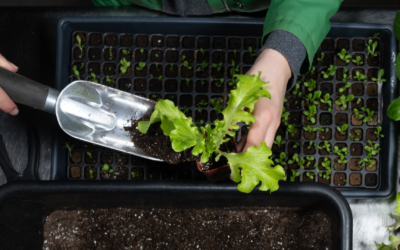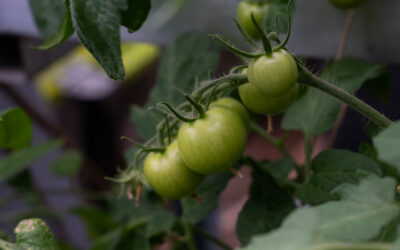New research strengthens our understanding of the local food system and supports Metro Caring’s vision for a Universal Basic Food program
Graduate students at the University of Colorado Boulder’s Master of the Environment program partnered with Metro Caring in 2023 to develop resources that lay the groundwork for a Universal Basic Food program.
The students, Alyssa Angel, Lily Lake, Mak Parker, and Shan Klema collaborated with Metro Caring staff and their advisor, Damien Thompson of Frontline Farming, to produce three key resources:
- Local Food Procurement Catalog: This guide compiles information gathered from conversations with Colorado producers who share Metro Caring’s commitment to ending hunger. It will serve as a roadmap for connecting with these producers and purchasing the food our community wants and needs.
- Producer Map: This interactive map allows for easy visualization of our partner producers, providing a snapshot of Metro Caring’s growing local food network.
- ArcGIS StoryMap: This online resource combines the project’s findings with an overview of the Universal Basic Food program, making the information more accessible to the public.
Cataloging our local food system
The Local Food Procurement Catalog is like one you might get in the mail from a clothing brand or department store. It includes 9 producers, what they grow and raise, and what their values and identities are.
Metro Caring’s Food Access team began using the catalog to purchase food for our Fresh Foods Market from local farmers. It helps us more clearly support farmers and ranchers who are Black, Indigenous, LGTBQ+, Latine, women, and others who historically had unfair access to succeed in farming or whose farming labor was exploited.
“The Local Food Procurement Catalog provides an excellent and informative review of our approach and commitment to values-aligned procurement as a means to realize economic security, environmental health, and democratic participation in the local food system for true access to good food,” Metro Caring’s Manager of Strategic Initiatives Emily Settlecowski said.
The catalog will also help community members make decisions about what foods could be included as part of a “universal diet” and where that food could come from.
Mapping the future of food
Metro Caring is working towards piloting Universal Basic Food, an innovative program where a guaranteed set of food items—that are decided by the community and its values—would be available for free.
For community members to decide what foods belong as part of a universal diet in line with their values, we first need to know what food is available locally. This can help us determine the feasibility of guaranteeing a set of universal food items.
The producer map helps us visualize and track the connections with the local food system that Metro Caring is making. Staff, community, and others interested in Colorado farming can see Metro Caring’s procurement relationships. The map streamlines the process of finding reliable local producers who share our values and can grow healthy food for our community.
A community-based research approach
The four CU students used various methods to gather data for the project, including direct conversations with farmers, ranchers, and community members. The students participated in events like Denver’s HarvestSHARE festival to build relationships with the community and gain a deeper understanding of local needs.
Their interviews with producers provided insights into the practices, values, and the challenges farmers face in growing food. The consumer surveys with our community sought to understand people’s food preferences and buying habits.
“Prioritizing community involvement in the decision-making like this will help us transition to a food system that values equity, sustainability and health above corporate profits,” Emily said.
The students combined these community conversations with existing resources on Colorado food production to conduct a landscape analysis that informed the producer map.
The collaboration continues
We’re looking forward to continuing our partnership with CU Boulder and welcoming a new group of students this year. The new project will delve into the feasibility of a Universal Basic Food pilot program at Metro Caring, exploring costs, logistics, and a policy pathway to support this initiative.
“I am honored to have worked with such a great team of individuals,” Emily said. “We learned a lot about ourselves as an organization, manager, and movement builder in this work towards a future without hunger.”
A special thank you to our farmers for participating in our research:




